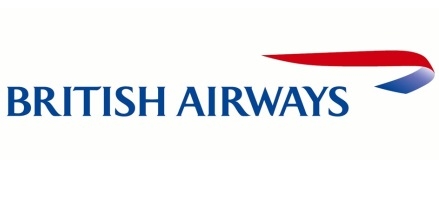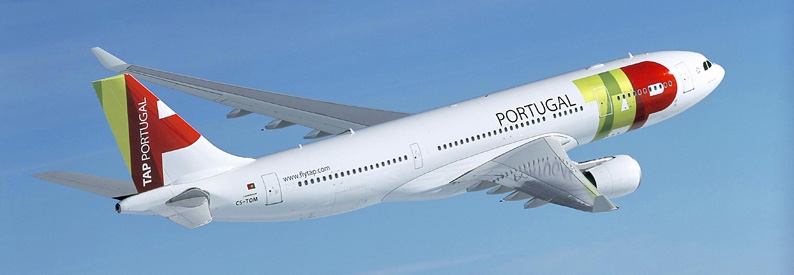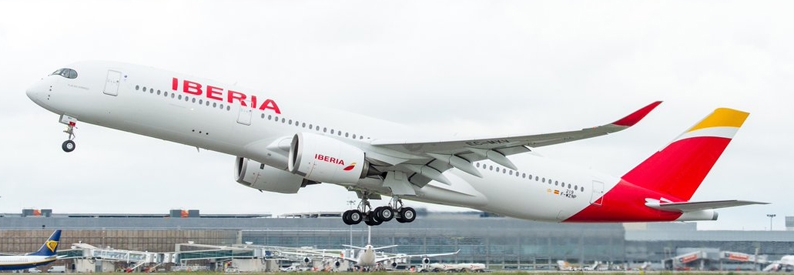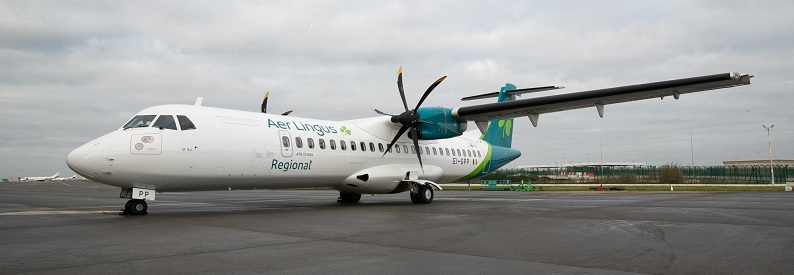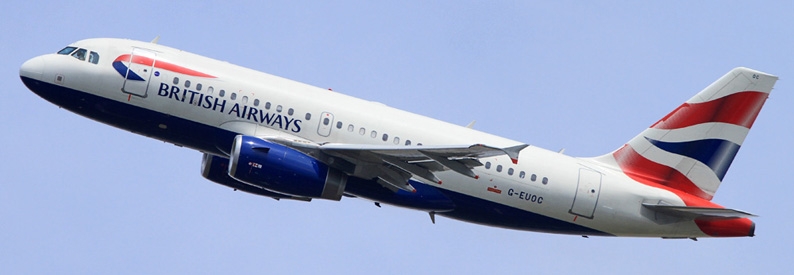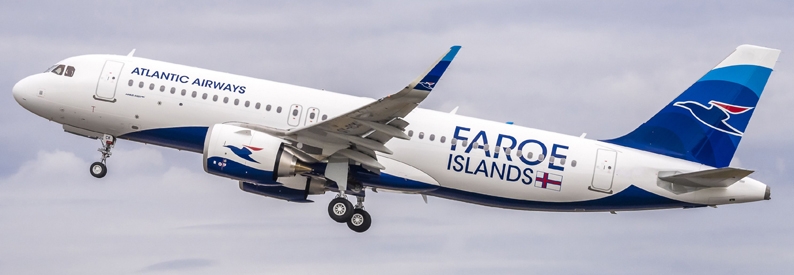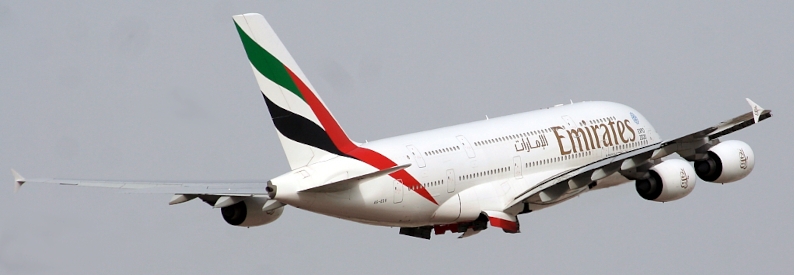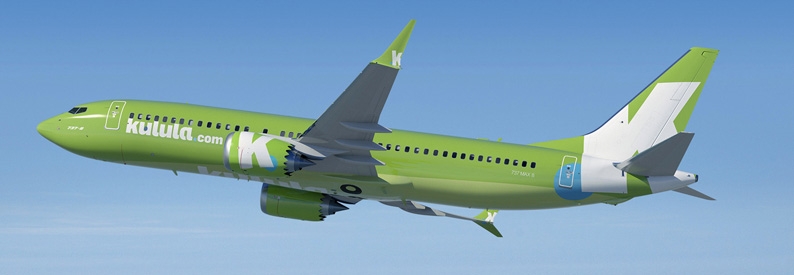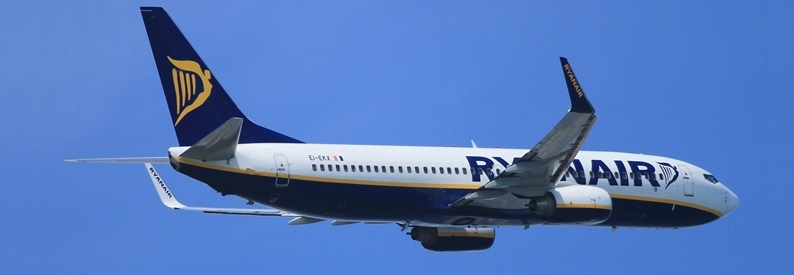British Airways, Virgin Atlantic, American Airlines, Delta Air Lines, and airline community representatives have slammed as too high, an interim 2023 London Heathrow passenger charge price cap imposed by the UK Civil Aviation Authority (CAA) which came into effect on February 1. Still, the airport argues the charge is too low and puts pressure on Heathrow’s ability to deliver passenger services.
The GBP31.57 pounds (USD38.19) interim price cap – up from GBP30.19 (USD36.51) - is calculated on projected passenger numbers for 2023 and represents the amount Heathrow charges airlines per passenger.
In a statement, the UK CAA said the interim price cap for 2023 replaces a one-year holding cap that was put in place in 2022, and which expired at the end of 2022. “It is required to protect the interests of consumers in the short term as our final decision and licence modifications for a five-year price control will not be made until later in 2023.”
Heathrow has asked for the cap to be raised to GBP41.95 (USD50.63) per passenger up to 2027. It warned that inflation and interest rates had risen significantly. "The lack of a deliverable price control risks Heathrow not having sufficient cash flows to invest in passenger services and resilience and could lead to longer-term impacts on Heathrow's financeability [sic]," the airport said in a statement. This could impact service levels, especially in wayfinding and cleanliness, it warned.
However, airlines agreed the interim price cap was too high and was based on outdated passenger data from June 2022. They said the CAA was relying on conservative passenger forecasts, Heathrow's "flawed forecasting model" to which airlines had no access, and was ignoring the recovery of the industry in 2022.
"In the last six months of 2022, the evidence is clear that passenger numbers have recovered to just under 90% of 2019 volumes and we see no reason for that trend not to continue, and indeed improve, in 2023. Therefore, we believe that the CAA is significantly under-estimating passenger demand in its forecasts for 2023, upon which the 2023 interim price cap has been established," stated British Airways Director of Aviation Infrastructure Gavin Molloy.
"The consequence of this decision is that consumers, again, are being forced to overpay for services provided by Heathrow and further take on the burden of financing Heathrow's business in the short-term," Molloy said. "We believe that this is an unacceptable outcome for consumers and contrary to the CAA's primary duty. It is neither fair nor reasonable that consumers should pay a knowingly higher price for access to Heathrow because the regulator has elected not to update and incorporate the best available evidence that it has in hand." Through the unnecessarily high interim price cap, passengers in 2023 would effectively fund future consumers' use of infrastructure at Heathrow, he argued.
Molloy also cautioned that Heathrow’s "inaccurate and conservative passenger forecasts, as reinforced by the CAA’s refusal to incorporate the latest evidence on forward-looking demand, will undoubtedly result in a repeat of the appalling experience consumers faced in Summer 2022 that was caused by inadequate resource planning".
Virgin Atlantic and Delta Air Lines expressed disappointment in the CAA "applying a holding price cap that is too high and represents the mid-point of an old and flawed methodology". "All credible evidence suggests that there should be a downward revision from the 2023 holding price cap," they said in a joint letter to the CAA. "The interim cap suggested by the CAA is still demonstrably too high and therefore wrong. It is not appropriate for the CAA to apply, year-on-year, interim price caps which are not supported by considered analysis of the relevant up-to-date evidence." Virgin Atlantic estimates that 2023 passenger numbers at Heathrow are likely to reach 76 to 79 million, and not 67.3 million as projected by the CAA.
American Airlines agreed the charges at Heathrow were "much too high given the current outlook for travel volumes". "Though [the] CAA proposes to true-up the difference between the interim and final level of charge, this inflated max yield will leave consumers paying more in the interim than they otherwise should," it commented. "The 2023 inflated interim charge will only add to the growing balance of HAL's [Heathrow Airport Limited] over-recovery that now stretches to the hundreds of millions since 2020. As it stands, this over-recovery would not be returned to consumers until 2024 at the earliest. In its final determination, the CAA needs to take into account this growing over-collection as part of the final level of charges."
The London (Heathrow) Airline Consultative Committee (LACC), the Heathrow Airline Operators Committee (AOC), and the International Air Transport Association (IATA) jointly expressed deep disappointment and frustration over the level of the charge. "We believe there is strong justification for an immediate downward adjustment to the level of charge beyond that set out in the final proposals, and that continuing with an outdated passenger forecast means consumers in 2023 will be paying more than they otherwise should be," they concurred.
- Type
- Base
- Aircraft
- Destinations
- Routes
- Daily Flights
